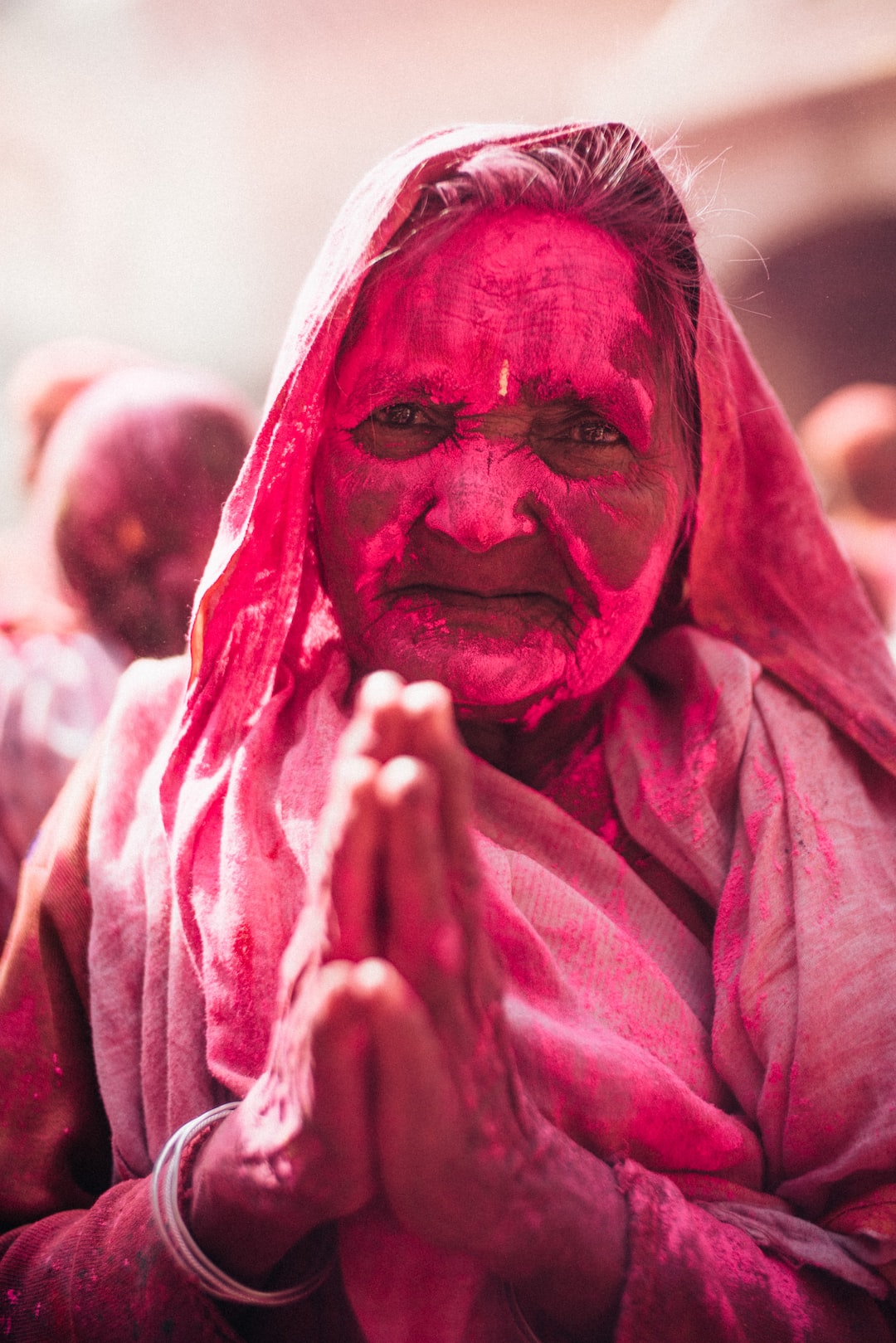The Role of Women in Different Religions
Religion has played a significant role in shaping the values, beliefs, and even the social norms of various societies throughout history. Women, in particular, have often been deeply intertwined with religious practices, both as followers and as leaders. From Christianity to Islam, Hinduism to Buddhism, each major religion has its own unique perspective on the role of women within its teachings and traditions. In this blog post, we will explore and compare how women are perceived and their roles differ in some of the world’s major religions.
Christianity, one of the largest and most influential religions, has a complex relationship with the role of women. While the Bible emphasizes gender complementarity, some passages have been interpreted to suggest male authority over women. However, Christianity also honors the contributions of prominent women such as Mary, the mother of Jesus, and Mary Magdalene, who was instrumental in spreading the message of Christ. Throughout history, women have played influential roles as nuns, writers, theologians, and even saints within the Christian faith. In recent times, many Christian denominations have begun to embrace gender equality, allowing women to become ordained priests and pastors.
On the other hand, Islam, another major global religion, has often been criticized for its perceived treatment of women. However, it is important to note that interpretations of Islamic teachings vary greatly across different cultures and regions. While some Muslim-majority countries have imposed restrictions on women’s rights, such as limited access to education or the requirement for women to wear a hijab, many Muslim scholars argue that the Quran actually advocates for gender equality. Throughout Islamic history, women have held positions of influence as scholars, political leaders, and entrepreneurs. In recent decades, movements like Islamic feminism have emerged, seeking to interpret and apply Islamic teachings in a way that promotes gender equity.
In Hinduism, the world’s oldest religion, women have held prominent roles throughout its extensive history. Hindu scriptures portray goddesses as powerful and revered entities, emphasizing the divine feminine. In Hindu mythology, goddesses like Lakshmi, Durga, and Saraswati are central figures in various narratives. However, societal norms and practices have not always reflected this recognition of women’s divinity, leading to gender disparities and discrimination. The caste system, which has influenced Hindu society for centuries, has also impacted women’s roles and access to education, employment, and social status. In recent times, movements like Neo-Hinduism and various women’s rights organizations have emerged, advocating for gender equality within Hinduism.
Buddhism, founded by Siddhartha Gautama, the Buddha, places great emphasis on compassion and equal treatment for all beings. While the early Buddhist sangha, or monastic community, was initially gender-inclusive, over time, women faced increasing restrictions and limitations within the monastic hierarchy. In some Buddhist traditions, women are not allowed to become fully ordained as Bhikkhunis, while in others, they are treated equally. Despite historical challenges, many Buddhist women have played significant roles as teachers, scholars, and practitioners throughout history. Modern Buddhist feminism has emerged as a response to these gender disparities and seeks to restore gender equity within the religion.
Each religion discussed here presents a complex and nuanced understanding of women’s roles. It is essential to separate the teachings of these religions from cultural, historical, and sociopolitical influences that have shaped the status and treatment of women within these faiths. While some religions have been criticized for their perceived marginalization or oppression of women, it is crucial to recognize that these interpretations are not universal. Many individuals and groups within these religions continue to work towards gender equality, embracing the full potential and contributions of women.
In conclusion, the role of women in different religions varies greatly, often reflecting the cultural, historical, and sociopolitical contexts in which these religions developed. From Christianity to Islam, Hinduism to Buddhism, each religion presents its own unique perspective on women’s roles. While some religions have faced criticisms for their treatment of women, it is essential to recognize the diversity of interpretations and the ongoing efforts within these religions towards gender equality. Only through understanding, dialogues, and empathy can we ensure that all individuals, regardless of gender, can fully participate and contribute to their religious communities.

